Education is the process where an individual learns the prosperous aims of his life. Thus, educational consultants take the vanguard lead and are the engines of change. These advisors serve various roles within an environment of specific direction and analytical support.
The educational consultant job description includes assisting learners and schools looking for academic instruction and curriculum-planned methods.
Educational consulting can help personalize educational pathways for individual students or direct institutional guidelines toward better academic results.
Today, we will discuss the increasing hype of higher education consulting and how to act like an educational consultant.
Educational Consultant Job Description
Educational consultants guide students, families, and educational institutions toward academic excellence. These are planned to offer the best education consultation, one-on-one counseling, and project planning in diverse academic fields.
A consultant works together (with people and institutions) to solve school issues, choose education options, and promote proper learning results.
What Does an Educational Consultant Do
Educational consultants play different roles, but each is specialized for the needs of students, families, educational institutions, or organizations. Here’s a detailed overview of what they typically do:
Academic Planning and Counseling
Students and Educational Consultants make individual educational designs. They determine an individual’s academic strengths and weaknesses, set objectives, and design programs meant to improve performance in learning. They also propose offering the students recommended courses, clubs, and specialized programs that best match their aspirations.
College and School Selection
Educational Consultants help navigate prospective students through the labyrinths of selecting a college or school for their higher studies. They assess academic records, interests, and careers to recommend suitable institutions. They enlighten on admission requirements and application processes and assist students with intense essay write-ups, among other benefits.
Career Guidance
The third academic aspect of what does an educational consultant do is Career Counseling. It is done through assessments, identifying career opportunities, and charting possible career paths. They can give the students information concerning prevailing trends in the job market, internships, and developing skills for their interests that match a real career.
Standardized Test Preparation
The teachers help the students prepare themselves for test exams such as PSAT, SAT, ACT, and other competitions. Consultants suggest study materials, effective test-taking strategies are provided, and simulation sessions are carried out for students to score the highest grades.
Special Education and Learning Support
Some educational consultants focus on learning barriers or special education. They give strategies, the needed resources, and specific action plans based on each learner’s study style, making the education more inclusive and effective.
Educational Policy Insights
Consulting firms can advise educational institutions or other agencies about policies. They critically review educational policy changes and trends to guide institutions to be responsive to emerging educational environments.
Parental Guidance and Workshops
More frequently than not, consultants are involved in working with parents, where they suggest educational choices, interpret children’s learning patterns, and facilitate a quality learning environment in a home setting. They can hold workshops and seminars on different education themes depending on their expertise.
Continuous Professional Development
Professional development is a common practice for educational consultants. This helps them connect with the latest academic trends, innovations, and educational trends so that their advice will remain helpful.
Educational consultants strive to equip people and institutions with critical knowledge, effective strategies, and tools for realizing educational achievements and transformation. Their multifaceted positions accommodate distinct learning requirements, enabling students to triumph in their schooling and beyond.
How to Become an Educational Consultant
Becoming an educational consultant involves several stages and a specific combination of education, experience, and particular skills. Here’s a general guideline on pursuing this career path:
Education and Qualifications
- Bachelor’s Degree: They should begin with a bachelor’s degree in education, psychology, counseling, and related fields. This helps them learn essential aspects of educational principles.
- Master’s or Advanced Degree (Optional): Master’s or more advanced degrees in Educational Counseling, Education Leadership, or specialization can increase expertise and credibility.
Gain Relevant Experience
- Teaching Experience: This is important because experience in teaching or working with school systems gives unique perspectives on what a student goes through and, hence, on the whole academic setting.
- Counseling or Advising Experience: Learning about what is academic advising helps you to experience educational counseling, career advice, and other related positions is helpful.
- Certifications (Optional): Others take a step further and obtain certificates such as education planner, certified educational planner, or national counseling certification, which add some professional status to their consultancy credentials.
Develop Skills and Expertise
- Communication Skills: The ability to advise and offer advice to students and/or parents and organizations lies in strong communication skills.
- Analytical and Problem-Solving Skills: Importantly, this should include identifying students’ needs, understanding academic profiles, and developing customized solutions.
- Knowledge of Educational Systems: It is vital to comprehend educational policies, admission regulations, and learning approaches.
- Networking Skills: This may be because building a network within the educational communities and institutions will also be beneficial.
Establish a Professional Profile
- Create a Portfolio: Illustrate expertise by citing one’s experiences, qualifications, and success stories, if possible.
- Online Presence: Create a unique website and develop a professional LinkedIn profile or social media page where you can present your services and areas of specialization.
Specialize and Continuing Education
Specialize: You can also take a specialized niche on college admissions, special education, or career counseling.
Continuing Education:
- Keep up-to-date with emerging ideas in education.
- Participate in workshops and conferences.
- Get more certificates for sharpening your expertise.
Gain Practical Experience
- Internships or Volunteering: Try internships and volunteering in educational consulting companies, schools, or counseling centers.
Start Your Practice or Join a Firm
- Start Independently: Start your consulting firm or get into an established consulting group to gain practical knowledge and build up your clients.
This process entails a combination of academic qualifications, experience, networking, and continuous learning to become a successful Educational Consultant. It is an enriching career that allows practitioners to influence the students’ educational travels significantly.
Challenges Faced By Educational Consultants
Educational consultants face many problems affecting their jobs and relationships with students, families, and education organizations. Some common challenges include:
Adapting to Diverse Needs
Different students have varying learning styles, capabilities, and requirements. Such differences require individually tailored measures, so giving a universal prescription for everyone is difficult.
Keeping Abreast of Educational Changes
However, educational policies, admission criteria, and learning methodologies constantly change. This could prove taxing with regards to keeping abreast of its changing nature to ensure that reliable and timely information is available to the customers.
Navigating College Admissions Complexity
Getting into college is challenging yet competitive. Navigating this complexity, involving admission requirements, standardized testing, and scholarships, is a daunting task for guiding students.
Balancing Parent and Student Expectations
Sometimes, there are very different expectations between parents and their children and some divergence in what they see as education for these students.
Special Education and Learning Support
Due to the specialized knowledge needed to cater to the needs of learning support or special education students, it is challenging to customize help.
Time Management and Workload
Workload challenges can also arise in balancing several clients or cases, completing evaluations, designing individualized plans, and extending assistance.
Ethical and Professional Boundaries
Providing appropriate guidance on issues involving college admission or career choice may prove tasking in maintaining the ethical code requirements and professionalism.
Building and Sustaining Client Relationships
Building trust and rapport with clients is a process. Moreover, keeping the dialogue open and preserving strong relationships become challenging issues in an intensely competitive market environment.
Technology Integration
There may be challenges in using technology effectively to enrich educational consulting practice, particularly for consultants who need to be more conversant with technological advances.
Market Competition and Client Acquisition
Acquiring new clients and remaining unique in this intensely competitive educational consulting field might be challenging.
Final Thoughts
Hope, after reading this blog you get informed about how to become an educational consultant. An Educational Consultant is a Door to Opportunity for students, their families, and education institutions.
Educational consultants are experts knowledgeable about working effectively with education; such specialists provide customized help, individual approaches, and advice on educational achievement. They protect academic dreams by filling gaps, abolishing obstacles, and guiding individuals toward their scholarly destinations.
The consultant marks upon expertise, empathy with their students, and insight into various educational needs to light up ways through which they all can achieve the possibility to learn wherever they want.
Undoubtedly, an educational consultant has a critical role in defining destinies and making opportunities available for every student with educational needs.


